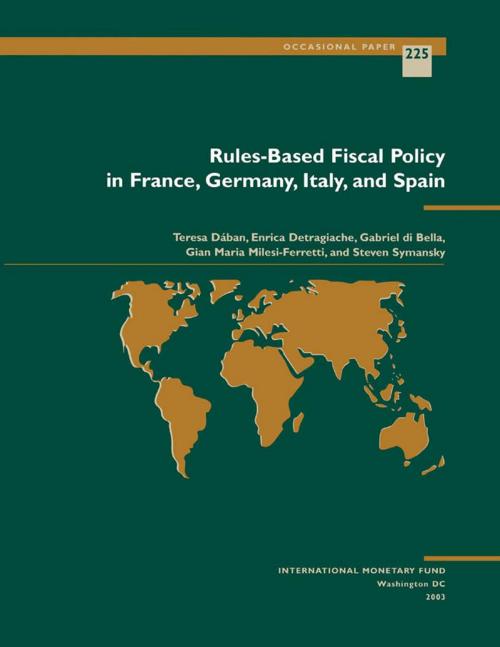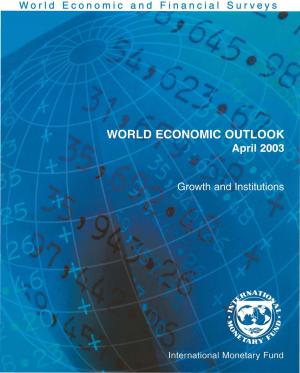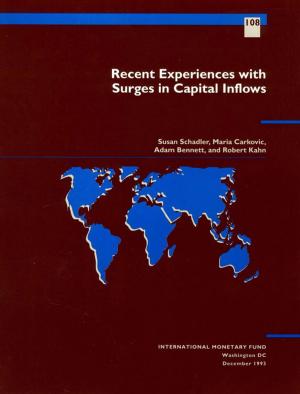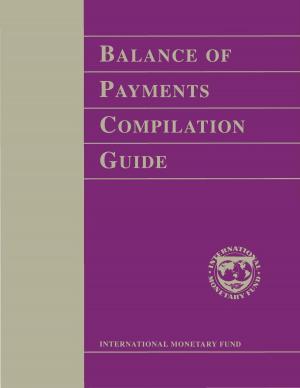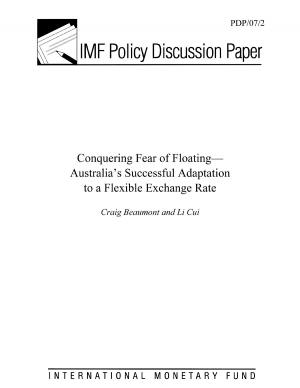Rules-Based Fiscal Policy in France, Germany, Italy and Spain
Business & Finance, Economics, Public Finance, Finance & Investing, Banks & Banking, Macroeconomics| Author: | Teresa Ms. Dabán Sánchez, Steven Mr. Symansky, Gian-Maria Mr. Milesi-Ferretti, Enrica Ms. Detragiache, Gabriel Mr. Di Bella | ISBN: | 9781452747972 |
| Publisher: | INTERNATIONAL MONETARY FUND | Publication: | November 14, 2003 |
| Imprint: | INTERNATIONAL MONETARY FUND | Language: | English |
| Author: | Teresa Ms. Dabán Sánchez, Steven Mr. Symansky, Gian-Maria Mr. Milesi-Ferretti, Enrica Ms. Detragiache, Gabriel Mr. Di Bella |
| ISBN: | 9781452747972 |
| Publisher: | INTERNATIONAL MONETARY FUND |
| Publication: | November 14, 2003 |
| Imprint: | INTERNATIONAL MONETARY FUND |
| Language: | English |
Fiscal rules can help to counteract the deficits and spending biases that too often originate in the political process. Rules that constrain spending--rather than the balance--allow fiscal policy to be countercyclical. Yet the design of effective spending rules is by no means straightforward. Should a rule be real or nominal? How comprehensive should the definition of spending be? What safeguards ensure the credibility of a rule? How do rules work in decentralized systems where regions and states are partially autonomous? France, Germany, Italy, and Spain--countries that could benefit from more emphasis on fiscal rules to constrain spending--are explored here as case studies.
Fiscal rules can help to counteract the deficits and spending biases that too often originate in the political process. Rules that constrain spending--rather than the balance--allow fiscal policy to be countercyclical. Yet the design of effective spending rules is by no means straightforward. Should a rule be real or nominal? How comprehensive should the definition of spending be? What safeguards ensure the credibility of a rule? How do rules work in decentralized systems where regions and states are partially autonomous? France, Germany, Italy, and Spain--countries that could benefit from more emphasis on fiscal rules to constrain spending--are explored here as case studies.
